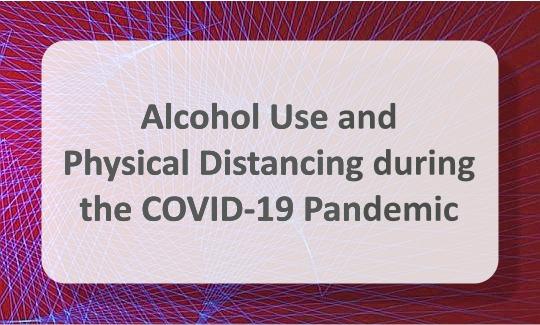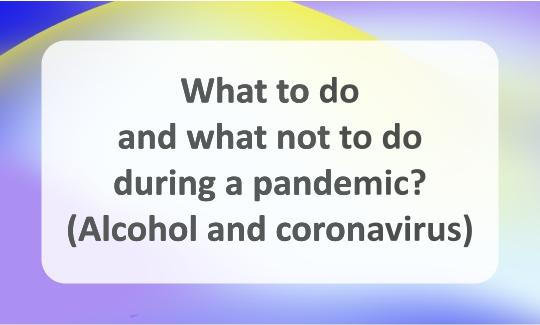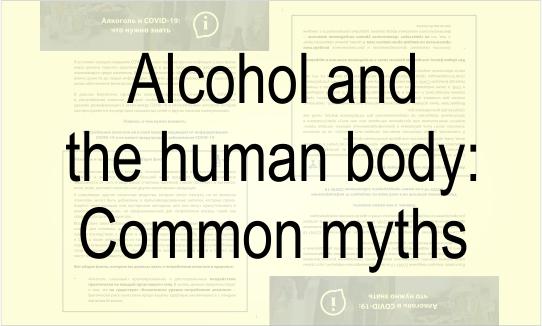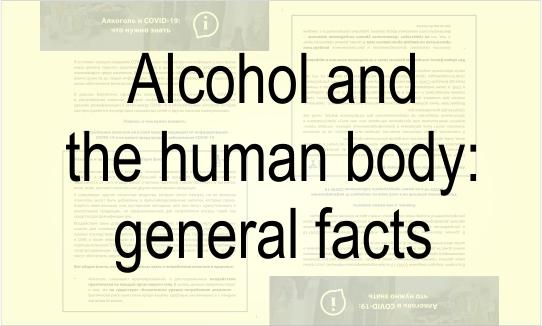Alcohol Use and Physical Distancing during the COVID-19 Pandemic

To help slow the spread of the virus, the World Health Organization (WHO) recommends keeping at least three feet away from sick people as a protective measure. Bars, casinos, nightclubs, restaurants, and other places where people gather to consume alcohol, as well as house calls, increase the risk of transmission. Therefore, a protective measure such as physical distancing reduces the availability of alcoholic beverages and gives you a good opportunity to reduce your alcohol consumption and take care of your health.
Read more
What to do and what not to do during a pandemic?
Alcohol: Do's and Don'ts During a COVID-19 Pandemic To avoid weakening your body's immune system, harming your health, and creating health risks for others, you should completely avoid drinking alcoholic beverages. Only in a sober state can you maintain vigilance, speed of reaction and action, and clarity of mind when making decisions that affect you personally, your family members, and members of your environment. If you consume alcohol, reduce the amount to a minimum and avoid alcohol intoxication. Drinking alcohol should not become a social occasion for smoking in company and vice versa: drinking alcoholic beverages is often accompanied by smoking, and smoking in turn increases the risk of a more complicated and dangerous course of COVID-19. Don't forget that smoking indoors is a risk for other members of your family, and you must avoid creating an environment that endangers their health. Children and teenagers who live with you should not have access…
Common myths about alcohol and COVID-19 (Alcohol and Coronavirus)
Common myths about alcohol and COVID-19 Myth: Drinking alcohol kills the virus that causes COVID-19. Truth: Drinking alcohol does not kill the virus. Conversely, drinking alcohol can increase health risks if a person becomes infected with the virus. Alcohol (at a concentration of at least 60%) can be effectively used to disinfect the skin, but it does not have a disinfectant effect when ingested. Myth: Drinking strong alcoholic beverages destroys the virus particles in the air you breathe. Truth: Drinking alcohol does not help kill viral particles in the air you breathe, does not disinfect your mouth and throat, and is in no way a way to protect yourself from the virus. Myth: Drinking alcohol (in the form of beer, wine, distilled spirits, or herbal spirits) strengthens the immune system…
Alcohol and the human body: general facts (Alcohol and coronavirus)
Alcohol and the human body: general facts Ethyl alcohol (ethanol) - a substance that is contained in alcoholic (alcoholic) drinks and is the cause of most of the harm from their use, regardless of which alcoholic beverages ethanol enters the body: wine, beer, spirits or other alcoholic products. Unfortunately, other toxic substances that may smell but are not ethanol can be added to adulterated drinks that are produced by illegal or artisanal methods; or they may be present in alcoholic products not intended for ingestion, such as hand sanitizers. Exposure to additives such as methanol (methyl alcohol) is fatal to humans…


